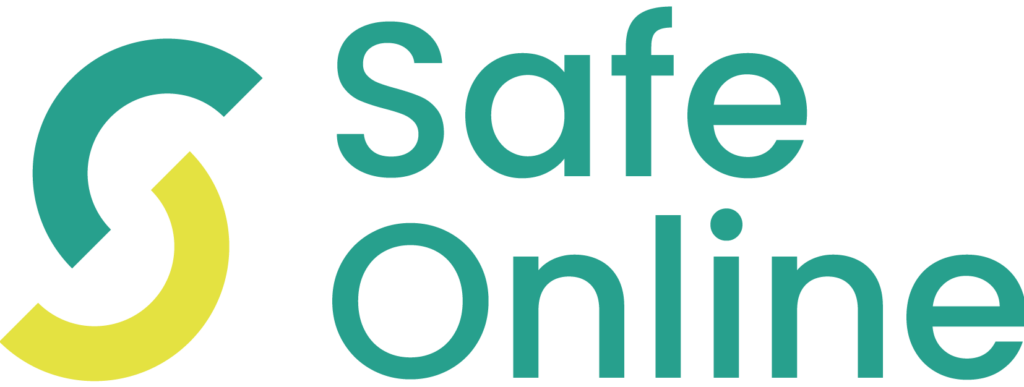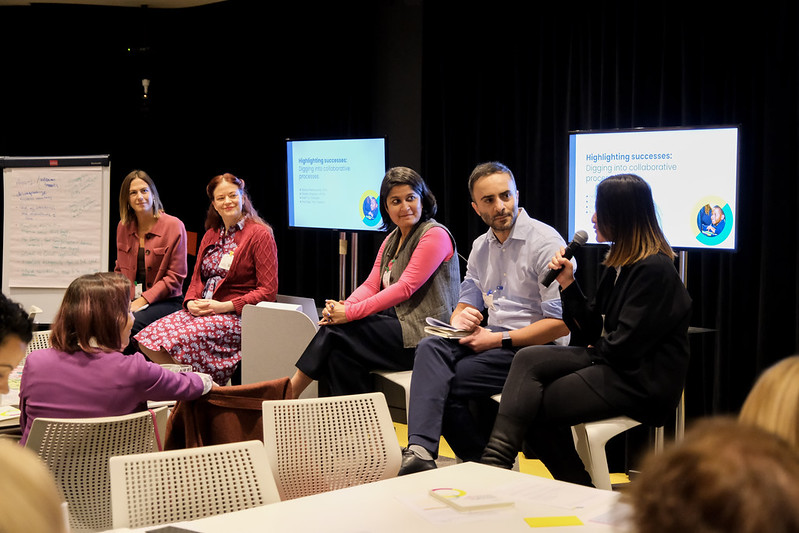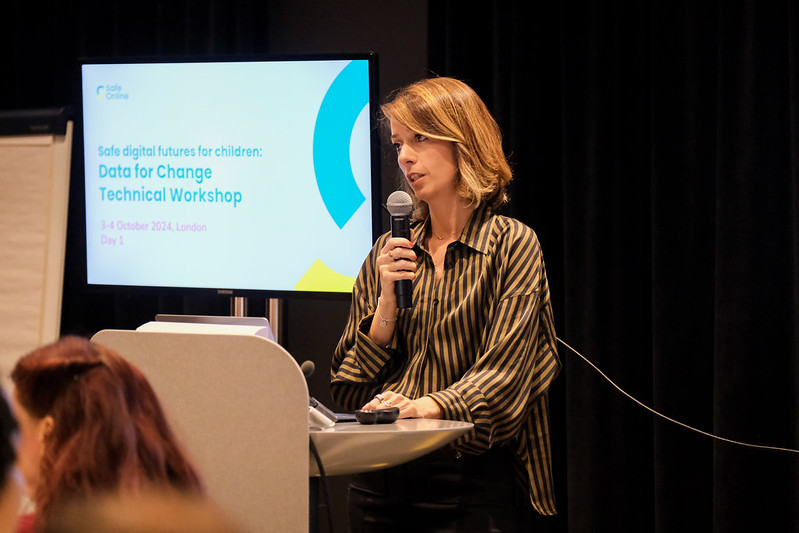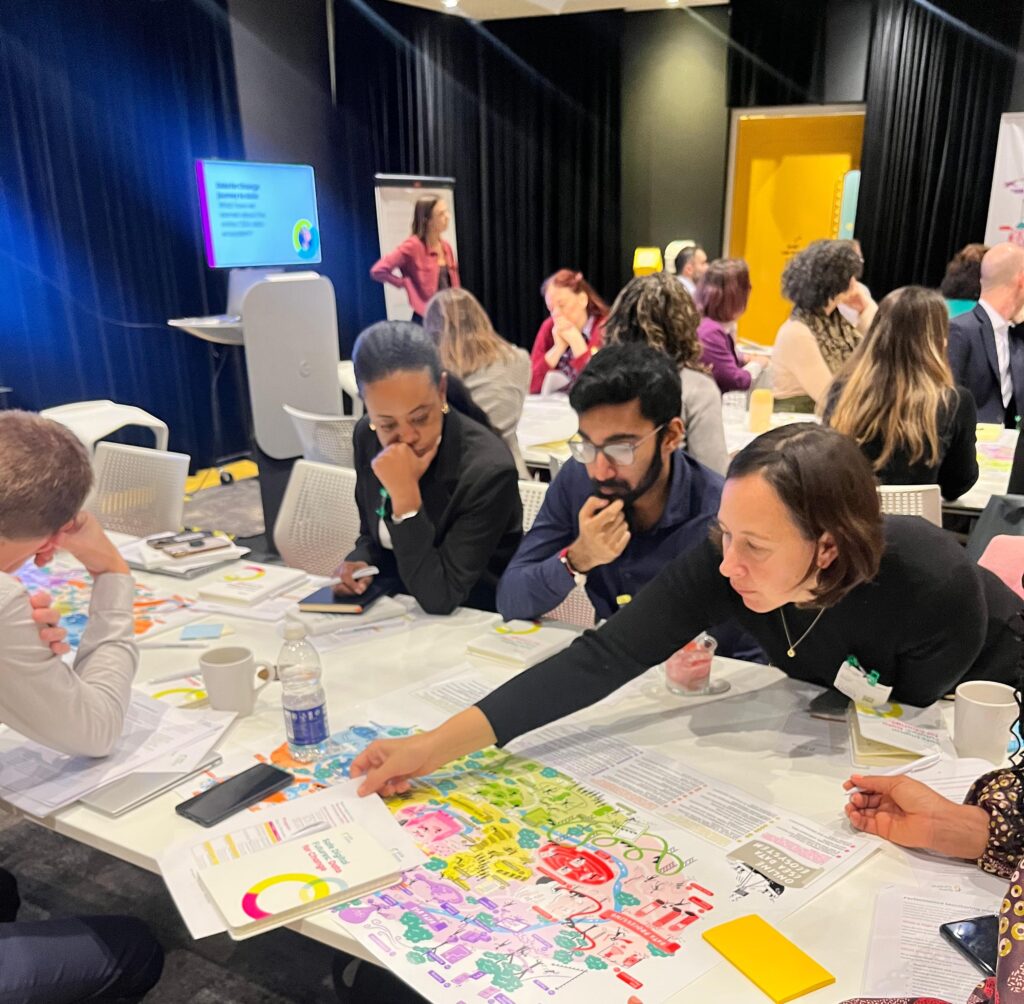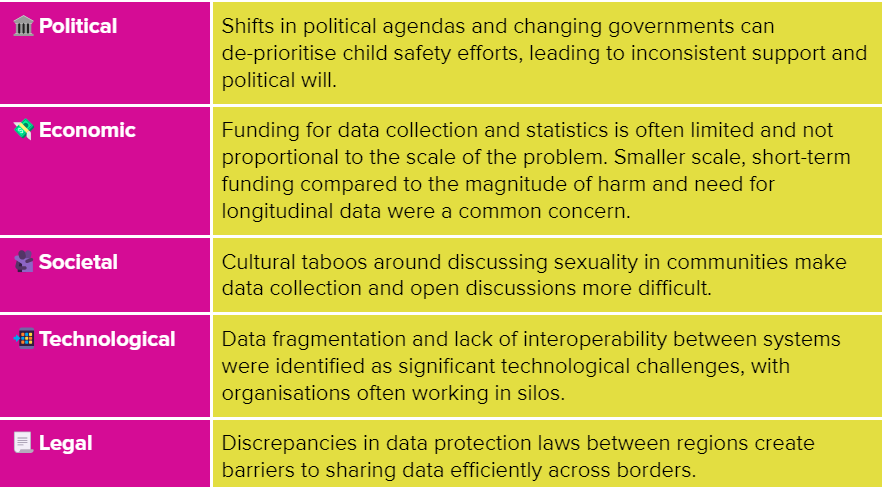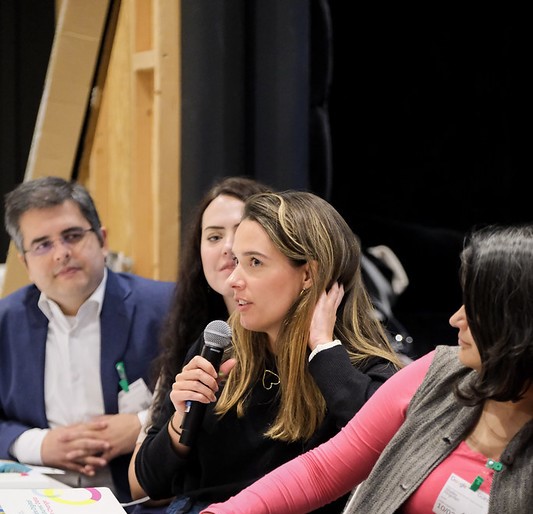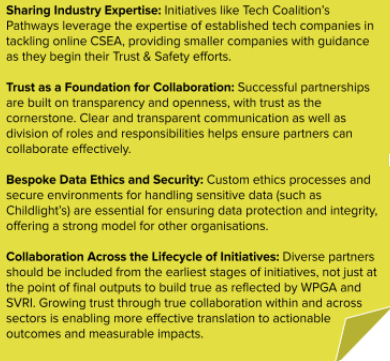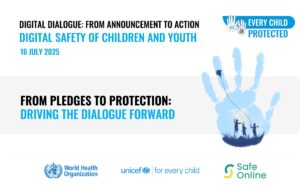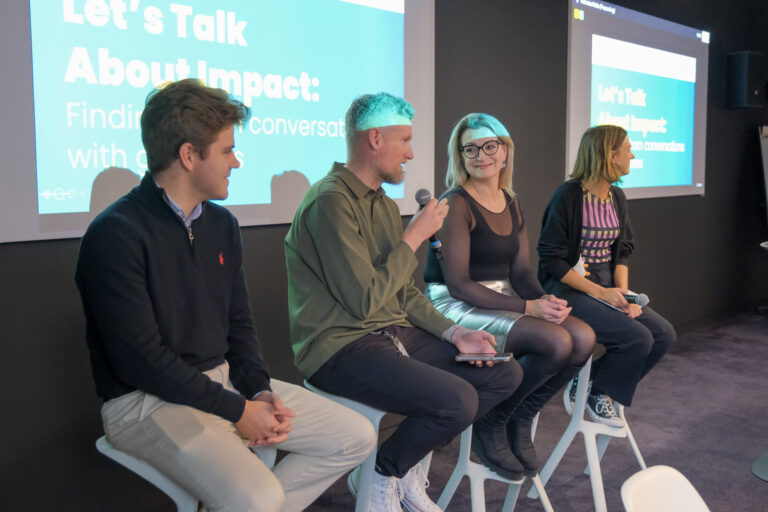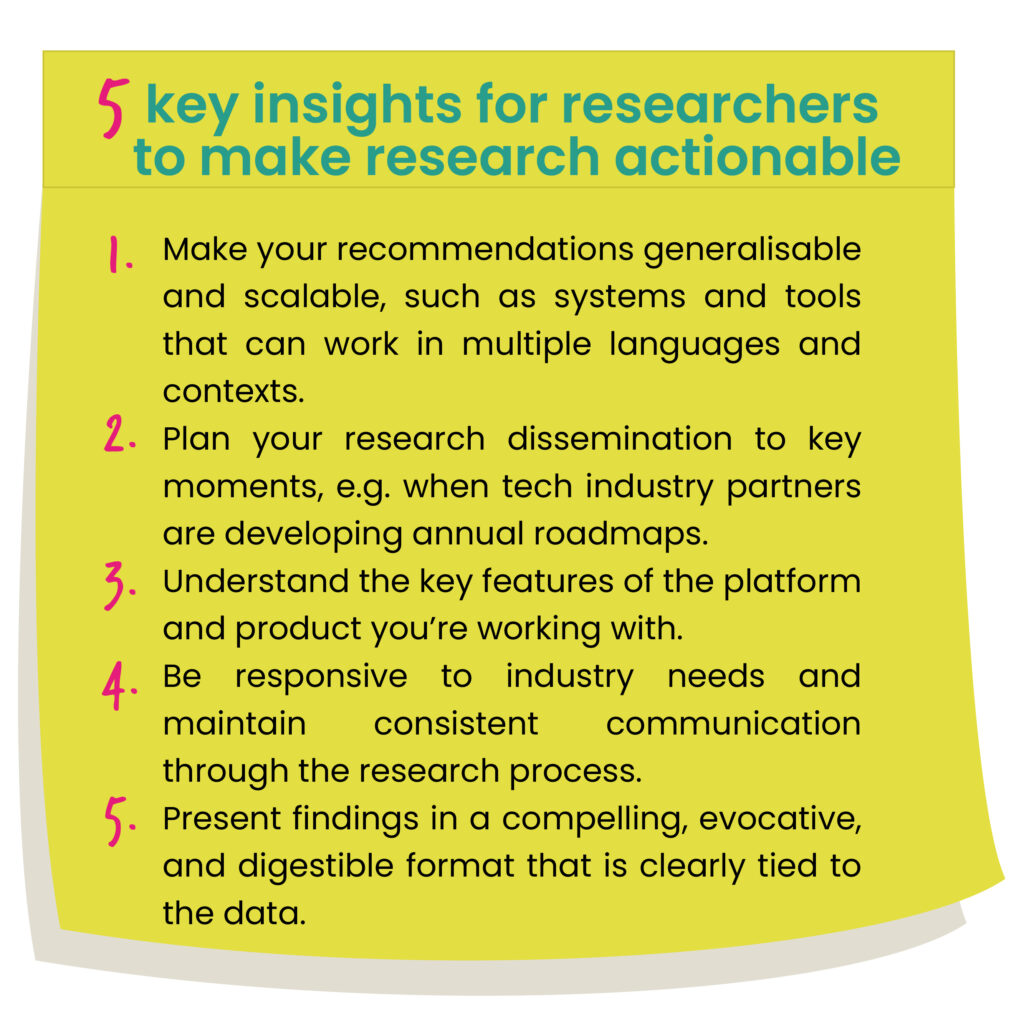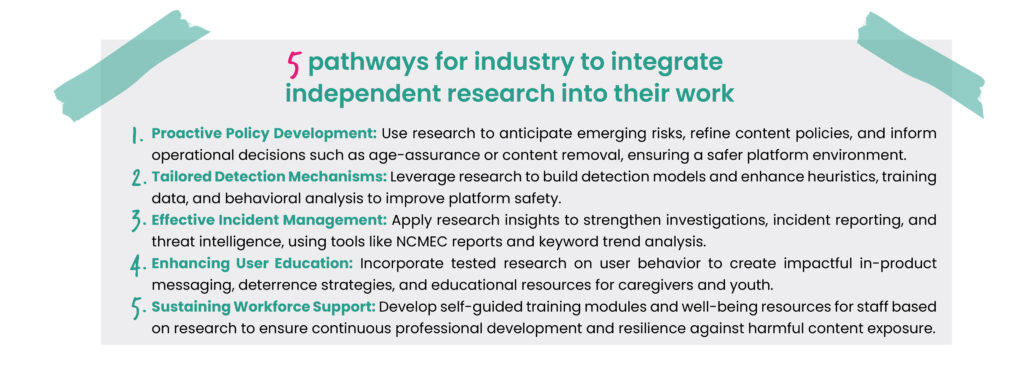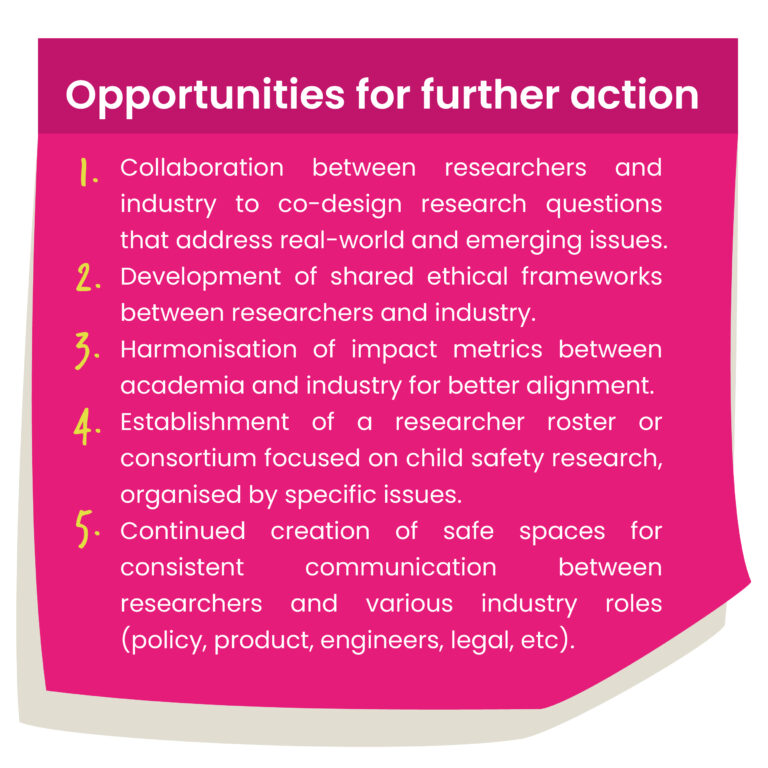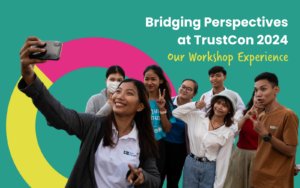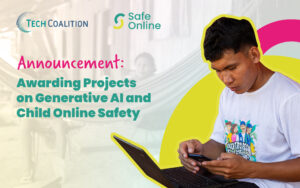A historic opportunity to protect children from digital harms.
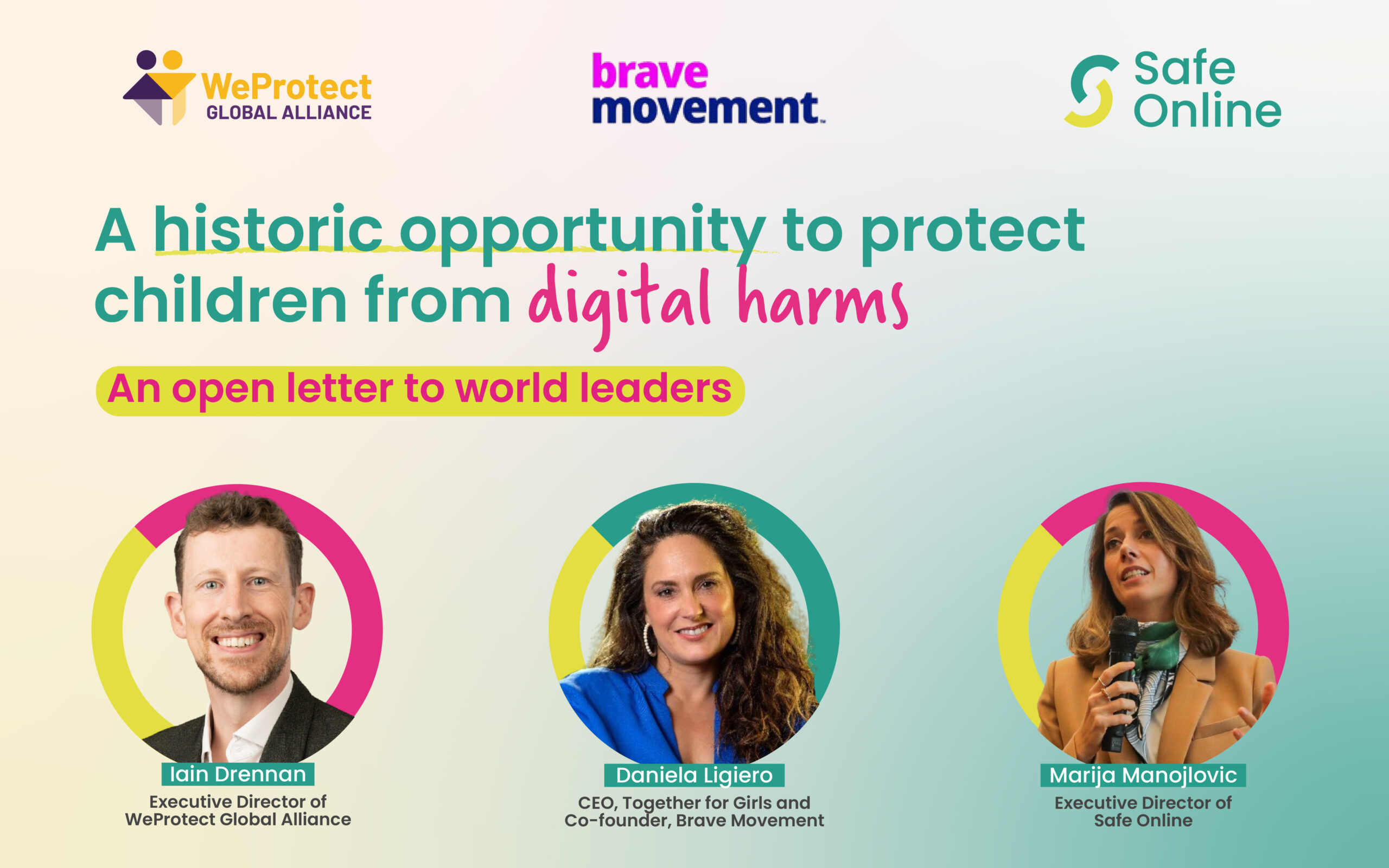
This is a joint open letter by Daniela Ligiero, Co-founder of the Brave Movement; Marija Manojlovic, Executive Director of Safe Online; and Iain Drennan, Executive Director of WeProtect Global Alliance
Every day, technology dominates headlines-whether it’s the rise of generative AI, the growth of immersive experiences, or the influence of algorithms on our daily lives. But behind the excitement, there’s a darker story that needs urgent attention: the safety of children and young people in the digital world. In 2023 alone, over 300 million children worldwide were victims of online abuse and sexual exploitation. By the time you finish reading this, nearly 500 more children will have experienced abuse online. This is an urgent crisis that demands immediate action.
Rhiannon-Faye McDonald was just 13 years old when she experienced online abuse. Groomed online by a man posing as someone else, she was lured into sending intimate photos, which quickly became tools for blackmail. The nightmare escalated when he arrived at her home the next morning, to continue the sexual abuse in person. Now an advocate and survivor of technology-assisted child sexual abuse, Rhiannon-Faye is on a mission: to drive a coordinated, global response to online sexual violence. She speaks for the countless children who have suffered in silence, reminding Governments and tech companies of their responsibility to act. “No child should ever have to experience what I went through,” she says.
Rhiannon-Faye McDonald was just 13 years old when she experienced online abuse. Now an advocate and survivor of technology-assisted child sexual abuse, Rhiannon-Faye is on a mission: to drive a coordinated, global response to online sexual violence. “No child should ever have to experience what I went through,” she says.
Today’s children are online at increasingly younger ages, growing up in a digital environment that’s as integral to their development as physical spaces like homes and playgrounds. And yet, while we work tirelessly to ensure physical spaces are safe for children, the digital world remains a minefield. Without proper safeguards, children are exposed to risks like grooming, exploitation and sexual extortion—threats that can cause lifelong trauma and have serious physical, mental and social consequences. A report from Spain highlights the staggering cost of inaction, with the country losing $5 billion annually by failing to address sexual abuse of children. Globally, the problem is worsening, and the risks are mounting.
In Colombia alone, the national Cyber Police Center blocked over 19,000 pages hosting child sexual abuse material in the first half of 2023. The Te Protejo hotline, run by Red PaPapaz, a Safe Online grantee, has seen a steady rise in reports, receiving nearly 35,000 images of violations since 2016. This illustrates a horrifying reality: online violence against children is a borderless crime that affects children of all genders and reaches every corner of the world. Research, such as the global Disrupting Harm project, shows that boys and girls face these dangers in nearly equal measure. Experts and child rights advocates are sounding the alarm, insisting that this growing crisis be treated with the same urgency as a global pandemic.
Our survivor-informed Call to Action outlines the steps for ending online violence against children
In just a few days, over 100 global leaders will gather in Bogotá, Colombia, for the Global Ministerial Conference on Ending Violence against Children. This event, co-led by the governments of Colombia and Sweden alongside organisations like WHO, UNICEF, and the UN Special Representative on Violence Against Children, offers a pivotal moment to address digital harms against children. For the first time, global leaders will be asked to commit to ending childhood sexual violence, a critical step in the fight to protect children in all spheres, including the digital realm. The decisions made here will shape the future of child safety for years to come.
Our organisations—Safe Online, the Brave Movement and WeProtect Global Alliance—along with 15 other child rights groups, will host a satellite event called ‘Safe Digital Futures for Children’ on the margins of the conference. This event will be a rallying cry for governments to demonstrate their commitment to ending all forms of violence against children, including online violence. Our survivor-informed Call to Action outlines the steps needed to make this vision a reality.
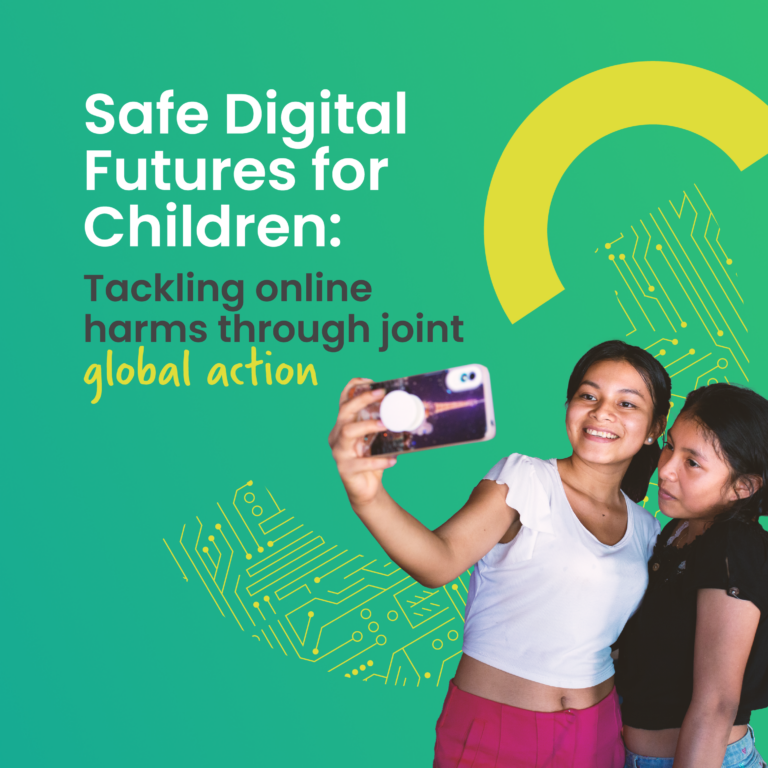
We are demanding that governments enact bold, globally aligned legislation that prioritises children’s safety and wellbeing. Such laws must be tech-neutral, adaptable to future threats, and capable of addressing emerging risks. We also need sustainable funding and investment in public health and prevention strategies that can tackle the root causes of online child exploitation. Crucially, the voices of children and survivors must be at the centre of policy development, ensuring that those most affected by these crimes are guiding the response. Governments must also mandate that online service providers adopt safety-by-design principles and quickly remove child sexual abuse material from their platforms.
Next week’s conference in Colombia is a critical opportunity to ensure that promises made by global leaders are backed by action. Governments must prioritise digital safety in their violence prevention strategies, recognizing that online violence is a global health crisis demanding a comprehensive response. Their commitments to protect children must be backed by concrete, well-funded policies. Without a strong focus on digital safety, efforts to combat violence in the digital space will remain fragmented, leaving children vulnerable to preventable harm.
Ministers have a unique opportunity to lead by example and set the standard for how the world should tackle digital violence against children. The pledges and commitments made here will reveal the true extent of political will to address this urgent issue. Will governments rise to the occasion and make the bold commitments needed to create a safer digital world for children, or will they let this moment slip away?
We are confident that global leaders understand the gravity of the crisis and will seize this historic opportunity to make real, impactful change. The stakes are too high to do otherwise. We owe it to the 500 children, who suffer abuse as you read this, and the millions more at risk around the world. Now is the time to act, to fulfil the promise of a safer digital future for every child.
See more stories from our family of grantees
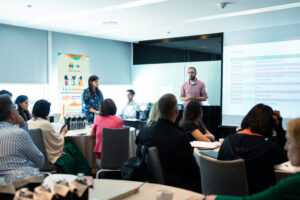
A day of learning, networking and problem-solving
Representatives of 21 Safe Online grants across Southeast Asia and the Pacific had the opportunity to meet face-to-face in Bangkok, Thailand this week in an important moment of reflection and learning.
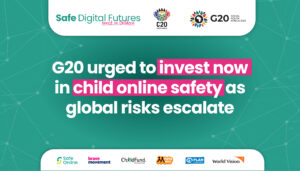
Press Release: G20 urged to invest now in child online safety as global risks escalate
Children, youth, parents, survivors, government, private sector, civil society, and global institutions meet for High-Level roundtable at G20 Social Summit to launch new coalition to align on investment priorities and scale solutions that work to protect children online

This safer internet day, explore solutions for children, by children
Safer Internet Day, on 7 February, is a day for the international community to collectively advocate for a safer, better internet, where everyone is empowered to use technology ‘responsibly, respectfully, critically and creatively’.
